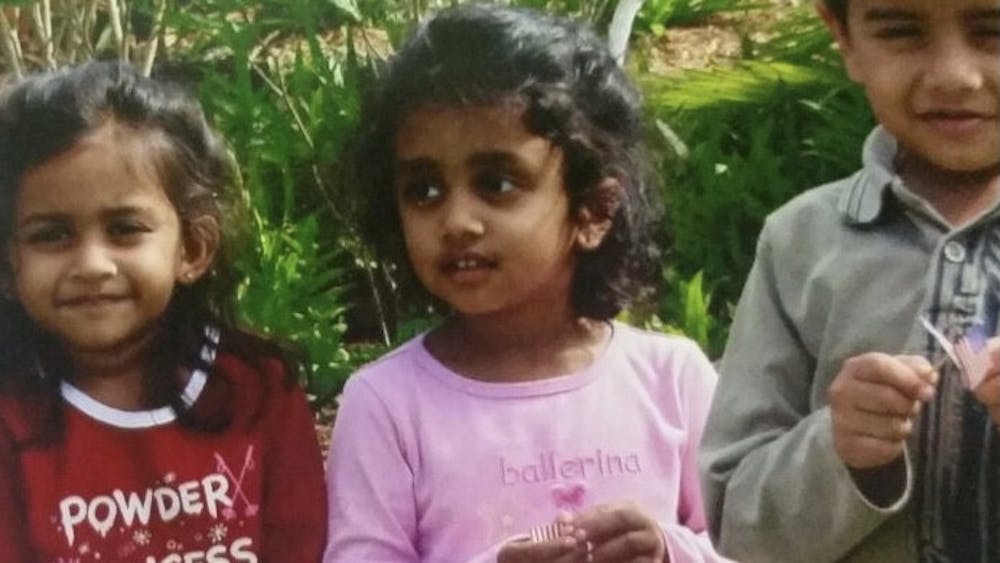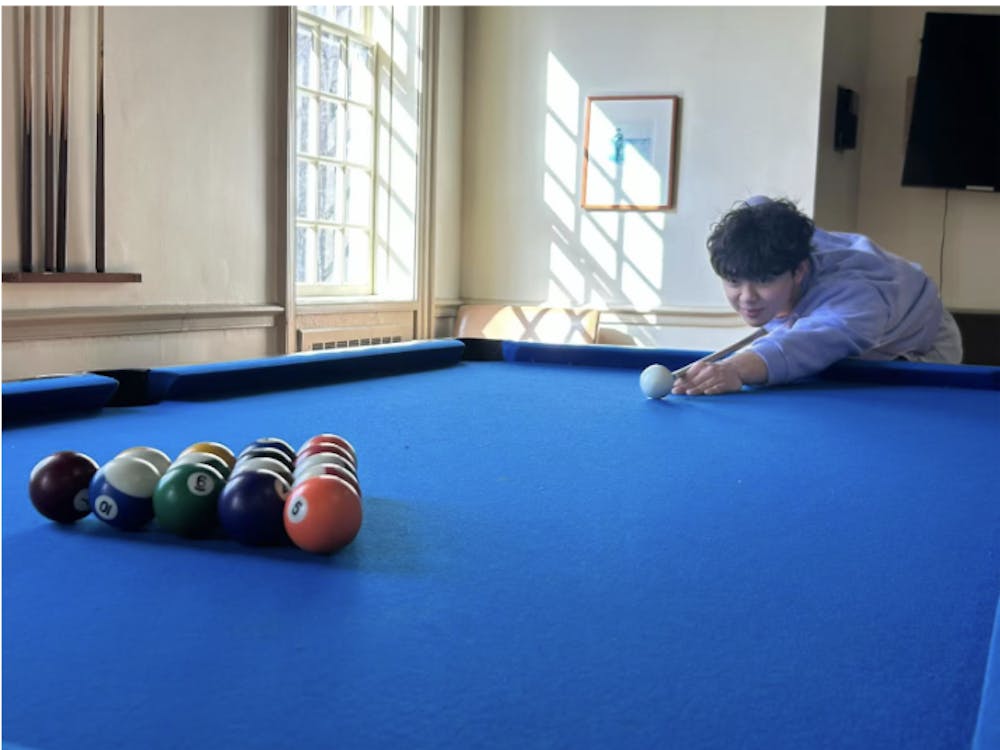
My daily nightmare as a child stemmed from the classroom roster. I remember my first day of seventh grade; I sat in homeroom waiting for Mrs. Mitchell to say “Aashi.” I had made a bet with my friends earlier that day: She would be able to pronounce my name. In my mind, it’s a two-syllable, five-letter word — pretty simple. It really shouldn’t be that hard.
Sixth grade had surprised me with a new pronunciation, Asia — an addition to the running list of jokes in my family — and I was excited to see what this year had to offer. It really couldn’t be worse than Asia; I still don’t know where that last “a” came from.
With two students ahead of me, I recall running my fingers over the dollar bills in my pocket hoping that I’d come out $5 richer. I distinctly remember hearing Mrs. Mitchell’s sharp intake of breath followed by my own. “I may pronounce this wrong,” my teacher said, apologizing for something she wasn’t saying, but spelling. “Who is A-A-S-H-I?”
If you were wondering, no one got $5 that day. We came to a unanimous agreement that she didn’t pronounce it (although, yes, I did make a fit about this).
School has always functioned as a playground for the mispronunciation of my name. Growing up, I hated homeroom. It was those mere 10 minutes that consistently added to my inventory of mispronunciations. Subject to a multitude of incomprehensible and inaccurate variations, my name, meaning joy and happiness, long served as a source of personal despair and confusion.
I guess you could say that my identity and place in the world have always been elusive, uncertain. Growing up in a predominantly white neighborhood, my home, known for the rich scent of sandalwood and my mother’s turmeric-stained fingernails, was a jarring reminder of the ethnic label slapped on my forehead. As a kid, I was never sure what, or better yet who, I should be angry at: my parents for uprooting their entire lives only to label me with a name similar to the word “ashy,” or some sweaty 4-foot-11 kid named Myles for giving me lotion for my 11th birthday.
As dramatic as it may be, my name meant a lot to me. It still does. It’s a representation of my roots, my cultural identity, my connection to something larger than people’s limited perception. Every hyphenated American has a Starbucks name and a perfectly planned answer to the notorious, “Well, do you have a nickname?” But I wanted to be different.
I wanted to live in a world that got my name right after the first few introductions, a world that didn’t require the anglicization of names, a world where baristas didn’t look at me with their mouths agape at first pronunciation and ask, “Where are you really from?” (Which, to emphasize, is so incredibly bizarre, and yes, people still ask this question.) Truthfully, I just wanted a world that allowed me to appreciate the beauty of my five-letter label.
But like many things in life, I ignored it. I would put on a brave face, plan for the “No, it’s actually Aashi, but you’re good!” and go about my day internally cringing that my favorite teacher thinks my name is pronounced like a word describing dry skin. It was a fool-proof plan. It worked 99% of the time.
There wasn’t a singular transformative experience that led me to develop a deep desire to learn and value my name. Perhaps it was the moments where I saw recognition of the vibrant Indian diaspora and love in the festivals of dance and color. Maybe it was investing time into Friday-night carrom with my family or practicing Sanskrit with my grandmother while watching Indian serials on the TV.
Sometimes, I don’t think much has changed. In lecture halls, I am still the seventh-grader nervously waiting for their name. Nonetheless, I like to remind myself that I have grown. I correct mispronunciations, stop responding to the jokes and even introduce myself in the Indian way (astronomical W).
Truthfully, I don’t know why I stopped running from my identity in the first place, but sitting in a quad (cheesy, I know), knowing that the people I surround myself with respect my five-letter label, makes me glad that I did.
Aashi Mendpara is a freshman from Orlando, Fla. studying Cognitive Science and Sociology.

















